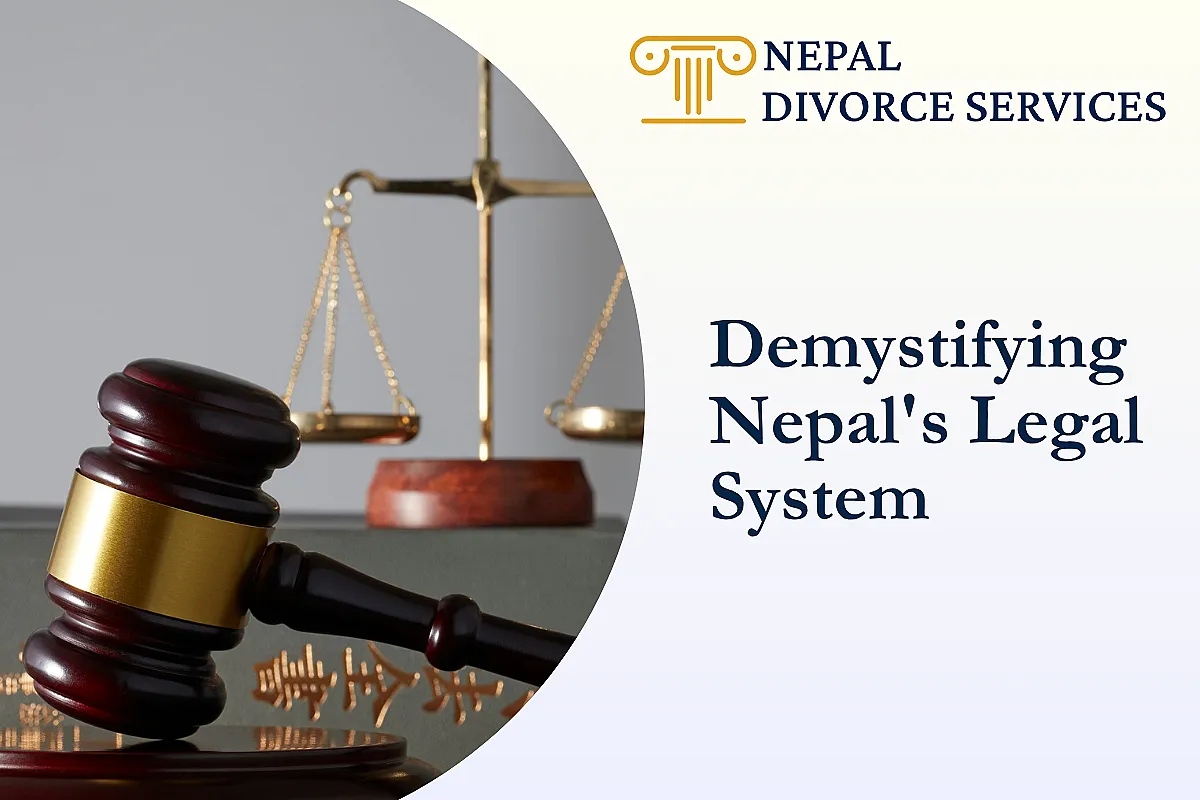Tag : Court Procedure Lawyer
All You Need to Know About Divorce by Mutual Consent
Divorce by mutual consent is a straightforward and efficient option for couples in Nepal wishing to end their marriage amicably. Governed by Article 93 of the Civil Code 2074, this process allows couples to file a joint petition, making it a popular choice among younger generations. While it offers significant advantages such as a quick resolution and lower costs, it is essential to consider property rights and the necessity for mutual agreement on various terms. This guide provides a comprehensive overview of the mutual consent divorce process, including legal grounds, advantages, disadvantages, and the relevant legal framework, ensuring you are well-informed for your journey.
Demystifying Nepal's Legal System
Demystifying Nepal's Legal System is a challenging but rewarding topic. According to my search, Nepal's legal system is a civil law-based system, which means that laws are derived from written statutes rather than judicial decisions. However, Nepal's legal system also has some elements of common law, such as the practice of case laws or precedents. The Nepali legal system has been influenced by various sources, such as the Napoleonic Code, the Hindu philosophy, and the English common law.


